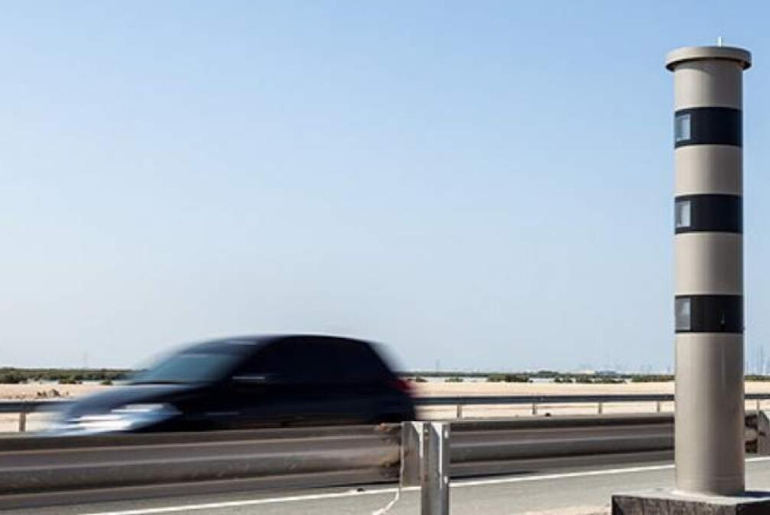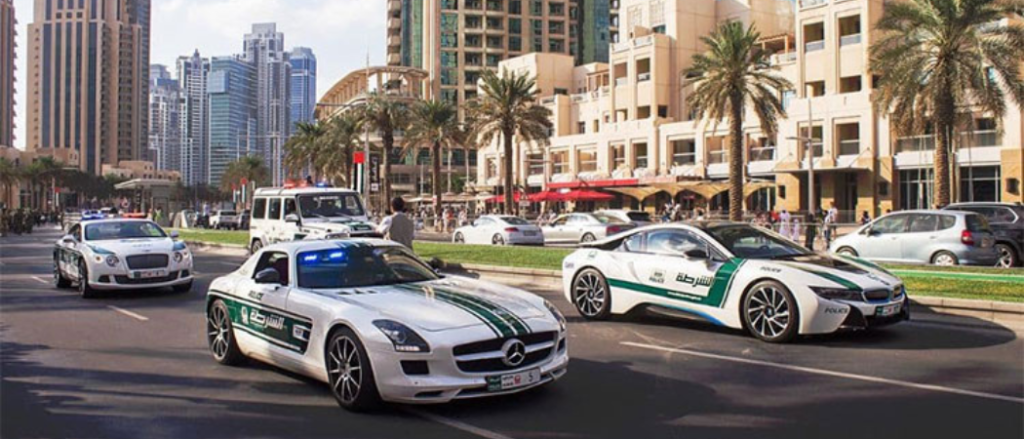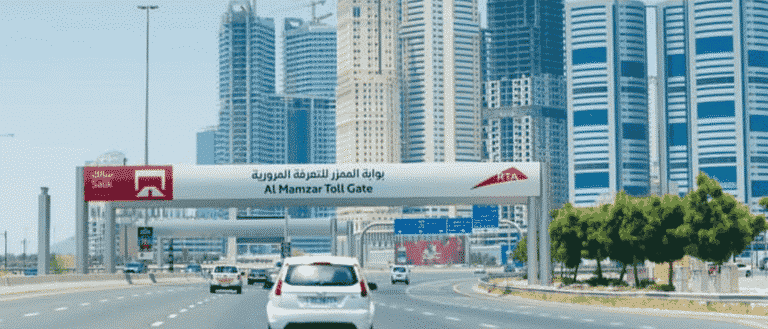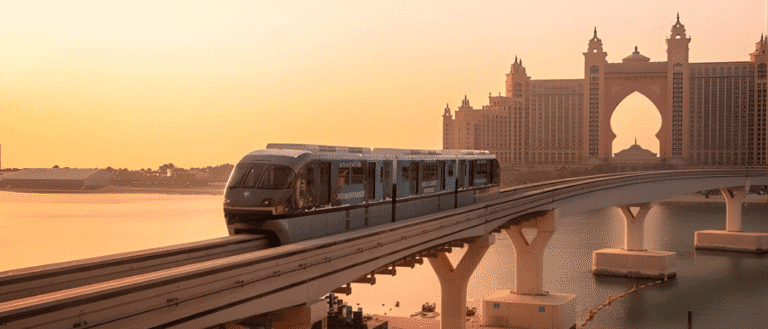Recently, various Emirates have updated speed limits on key roads. These changes aim to improve safety and traffic flow, but if you’re not aware of them, you might end up with hefty fines. Whether you’re a frequent driver or hitting the road after a long break, it’s crucial to stay informed about these updates to avoid any unpleasant surprises. Ignoring these new speed limits can not only put you at risk but also hurt your wallet. Come with me, and I’ll break down everything you need to know about the latest speed limit changes.
Also read: Dubai Mall Introduces Paid Parking From July 1
Fines For Exceeding The Speed Limit
Driving too fast in the UAE can be expensive. Here’s a quick breakdown of fines based on how much you exceed the speed limit:
- Up to 20 km/h over the speed limit: AED 300
- Up to 30 km/h over the speed limit: AED 600
- Up to 40 km/h over the speed limit: AED 700
- Up to 50 km/h over the speed limit: AED 1,000
- Up to 60 km/h over the speed limit: AED 1,500 + 6 black points + 15-day vehicle retention
- Speed limit Over 60 km/h: AED 2,000 + 12 black points + 30-day vehicle retention
- Speed limit over 80 km/h: AED 3,000 + 23 black points + 60-day vehicle retention
Also read: UAE: When Is The Next Long Weekend Now That Eid Al Adha Is Over?

No Over-Speed Limit Grace For Abu Dhabi
Abu Dhabi removed the 20 km/h grace limit in 2018. Any speeding over the designated limit will now result in a fine.
Fines For Driving Too Slowly
Driving too slowly can also get you in trouble. Most roads have both maximum and minimum speed limits. If you drive too slowly, you could be fined AED 400.
Also read: Dubai: These Two Main Roads Are Getting Widened
New Speed Limits to Keep In Mind
Here’s a rundown of new speed limits in various areas:
- Sharjah: Al Wahda Road from Abu Shaghara interchange to Al Taawun Bridge on Al Ittihad Road – 80 km/h.
- Dubai: Al Ittihad Road between Sharjah and Al Garhoud Bridge – 80 km/h.
- Abu Dhabi:
- Sheikh Mohammed bin Rashid Road – Minimum speed of 120 km/h on the two left lanes. Maximum speed of 140 km/h.
- Sheikh Zayed Bin Sultan Street from Sheikh Zayed Bridge to Qasr Al Bahr intersection – 120 km/h.
- Abu Dhabi-Al Ain Road (E22) at Sas Al Nakhl area towards Abu Dhabi – 100 km/h.
- Sheikh Mohammed Bin Rashid Al Maktoum Road (E311) at Sweihan Bridge intersection towards Bani Yas – 120 km/h.
- Sheikh Mohammed bin Rashid Al Maktoum Road (E311) from Baniyas Cemetery towards Baniyas – 100 km/h.
- Sheikh Zayed Bin Sultan Street (E10) Sheikh Zayed Bridge towards Abu Dhabi – 100 km/h.
- Sheikh Khalifa bin Zayed Road (E12) between Jubail Island and Saadiyat towards Abu Dhabi – 120 km/h.
- Sheikh Khalifa bin Zayed Road (E12) Saadiyat Island towards Abu Dhabi – 100 km/h.
- Al Ain: Sheikh Khalid bin Sultan Road – 80 km/h.
Clear Signage
These changes are clearly marked on road signs and directly on the road surface, often within red circles indicating the speed limit for each lane. Stay alert and adjust your speed accordingly to avoid fines.
You may also like: 4 Major Road Projects In Dubai Worth AED 2.5 Billion To Slash Traffic Times














